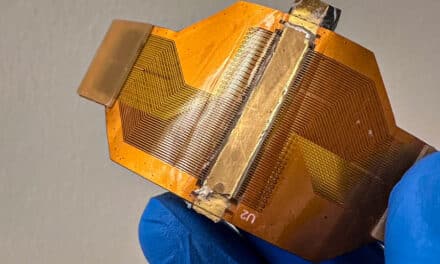Researchers from RADLogics, Tel-Aviv University, New York Mount Sinai Hospital, and University of Maryland School of Medicine have designed an artificial intelligence (AI)-based approach to identifying cases of COVID-19 from CT scans of the chest.
Data sources for new epidemic diseases such as COVID-19 remain limited, as does expertise. Without knowing whether there are enough cases to achieve clinically meaningful learning in the early data collection stage, researchers are trying to modify and adapt existing AI models with initial clinical understanding to rapidly develop AI-based tools to deal with the COVID-19 challenge. The proposed system combines 2D and 3D analysis deep learning models and clinical understanding and was trained on data from available international datasets, including from infected areas in China. Researchers also used basic data augmentation techniques.
The team conducted several retrospective experiments on a testing set of CT scans from 157 patients from China and the US. The results show the developed deep learning image analysis system was able to develop classification points and detect suspicious COVID-19 thoracic CT features. Classification of coronavirus vs non-coronavirus cases was excellent: 0.996 AUC per thoracic CT studies (95%CI: 0.989-1.00) on Chinese control and infected patients with possible working points of 98.2% sensitivity and 92.2% specificity.
Read more from Synced and find the paper at ARXIV.
Featured image: Multi-time point tracking of patient disease progression with COVID-19.






